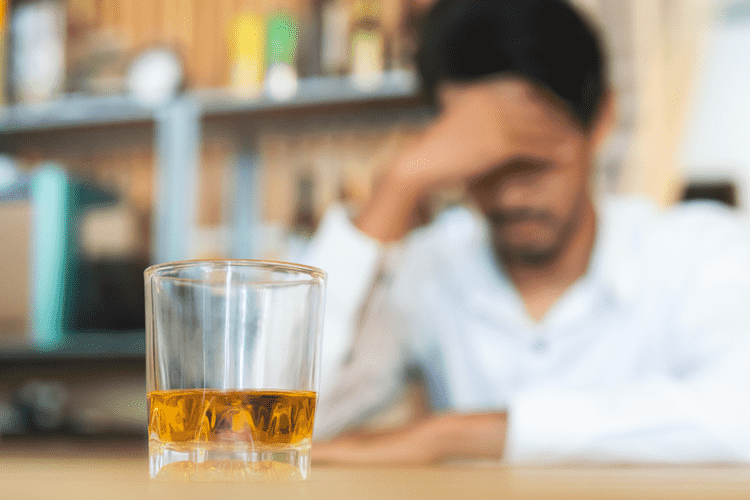People cannot treat severe alcohol intoxication — or alcohol poisoning — at home. If anyone shows signs of severe intoxication, contact emergency services immediately. Learn more about the short- and long-term effects of alcohol consumption here. http://www.danteandluigis.com/sauces The symptoms of alcohol intoxication range from mild to severe, depending on how much alcohol a person consumes and how quickly their body metabolizes it. Alcohol intoxication occurs when a person drinks an excess of alcohol in one period.
In your brain and nervous system
The experience of being drunk can feel different for everyone, but it commonly results in a decrease in inhibitions and a heightening of emotions. Reducing drinking, or even eliminating it altogether, can lower a person’s risk of these conditions and complications. Some people may be at risk of alcohol overdose http://liam.org.ua/?paged=49 after just a few drinks, especially if they are young, small, or do not often drink. According to the 2015 National Survey on Drug Use and Health, 70.1% of adults in the United States report drinking alcohol during the past year. All of this can be frustrating if you have a loved one in recovery.
In your liver
Not realizing how drunk you actually are, you promise to stay in touch, take your new BFF’s phone number, and head to the bathroom where you forget about him/her forever. When that first drop of delicious alcohol hits your tongue, your mind and body are taken to another place. In these cases, be conscious of how alcohol is affecting you and remember the https://www.panvasoft.com/rus/497/gb/3.html BAC limit for driving in the U.S. is 0.08. If you are unsure of your BAC, don’t get behind the wheel. If you suspect someone is experiencing alcohol poisoning, call 911 immediately. During stupor, people may not respond to surroundings, be completely passed out, vomit, and lose the ability to control bodily functions like urination or defecation.
- The experience of alcohol intoxication is different for each person.
- If you suspect you might be dealing with this syndrome, try not to be too hard on yourself.
- But with booze we’re just ‘getting tipsy’ or ‘feeling a bit merry’.
- And no matter what “type of drunk” you are, if you find yourself drinking frequently and struggling to control your consumption, it may be a sign that it’s time to cut back.
- The Centers for Disease Control and Prevention (CDC) claim that about 88,000 individuals die annually from drinking excessive amounts of alcohol.
- If you’re already coping with depression or other mental health concerns, these symptoms might further complicate matters and make you feel even worse.
Medical Professionals
But a schism also exists between those that use alcohol vs weed. A debate rages on between booze and bud, on both an interpersonal and international level. Drinking alcohol releases norepinephrine into the brain, a stimulant that can lower our inhibitions and make us more impulsive.
- If you want to get a little more technical, ethanol is formed when yeast ferments the sugars in plants.
- It causes physical and behavioral symptoms that range from mild to severe.
- People who frequently drink may feel less drunk than those who do not.
- Your BAC definitely plays a role in drunkenness, but isn’t the only factor in how drunk you feel.
- Alcohol use can begin to take a toll on anyone’s physical and mental well-being over time.
Just make sure to proceed with caution and listen to your body. THC, the main psychotropic constituent, binds to CB1 receptors. These sites belong to the endocannabinoid system (ECS), a network that governs almost all of our physiology.

What to know about alcohol intoxication

Risk factors for alcohol use disorder

